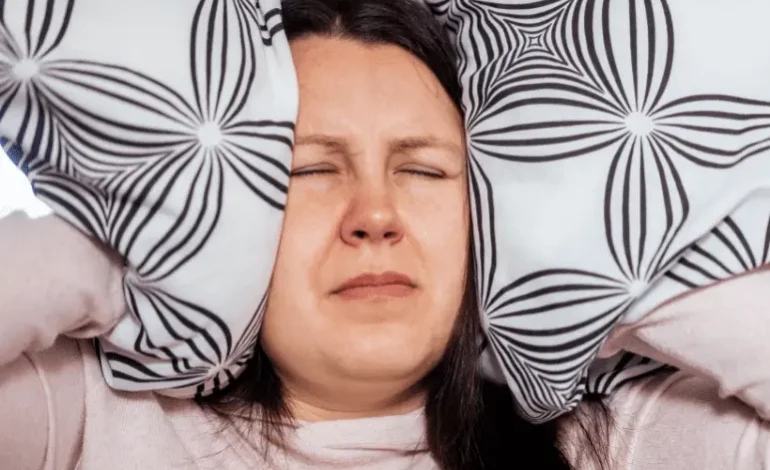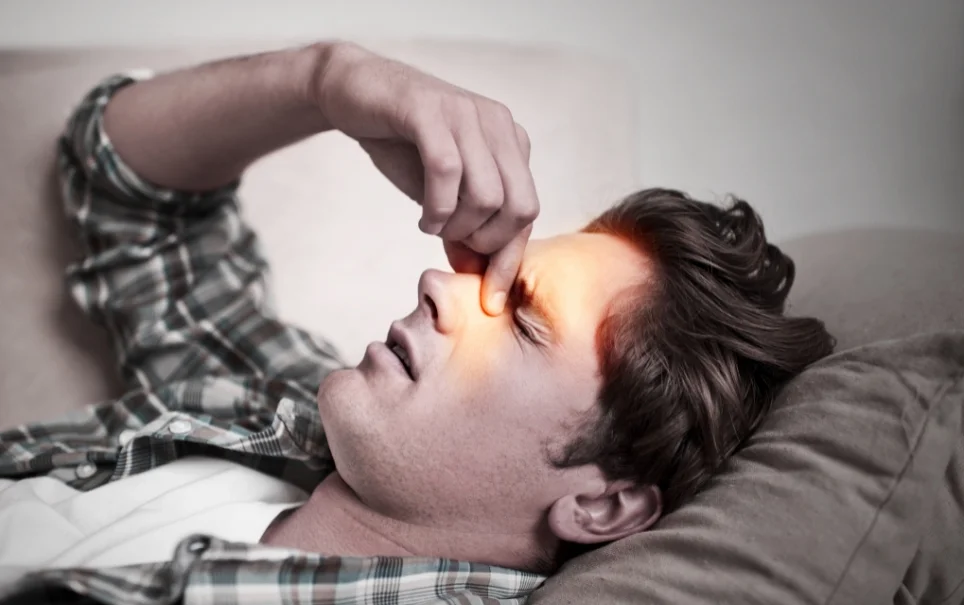
Tinnitus: What It Is, Symptoms, Causes, and Treatment
What is tinnitus?
Understanding Tinnitus: A Deeper Dive” would explore how tinnitus, often described as a ringing, buzzing, or humming noise in the ears, significantly impacts the lives of those affected. This condition, prevalent in a substantial portion of the population, can disrupt daily activities, concentration, and even sleep, leading to considerable stress and anxiety. Recent studies indicate that about 10-15% of the global population experiences some form of tinnitus, with varying degrees of severity. Delving into the nuances of tinnitus not only sheds light on its direct effects on hearing but also emphasizes its broader implications on mental health and quality of life. By understanding the scope of tinnitus, individuals and healthcare providers can better approach its management and support those living with this condition.
Symptoms of Tinnitus
The most common symptom of tinnitus is a ringing sound in the ears. However, people with tinnitus may also experience other sounds, such as:
- Buzzing
- Hissing
- Roaring
- Clicking
- Whistling
The sound can be in one ear or both ears, and it can be constant or intermittent. It can also vary in loudness.
Types of Tinnitus: Subjective vs. Objective
Exploring the symptoms of tinnitus more deeply:
Subjective Tinnitus:
- Heard only by the individual.
- Can manifest as ringing, buzzing, or other sounds.
- Diagnosis relies on personal descriptions.
Objective Tinnitus:
- Can be perceived by an external observer or a healthcare provider.
- Often linked to the body’s internal functions, like blood flow.
- Diagnosed through clinical examinations and sometimes imaging.
Causes of Tinnitus
The exact cause of tinnitus is unknown in many cases. However, some common causes include:
- Exposure to loud noise
- Age-related hearing loss
- Earwax buildup
- Ear injury
- Head or neck injury
- Meniere’s disease
- Certain medications
- Tumors
- Sinusitis
Treatment Options for Tinnitus
There is no cure for tinnitus, but there are a number of treatments and management strategies that can help. Treatment options vary depending on the underlying cause of tinnitus.
If tinnitus is caused by an underlying condition, such as earwax buildup or an ear infection, treating the condition may resolve the tinnitus. In some cases, medication may be prescribed to help manage tinnitus symptoms.
Other treatments and management strategies that may be helpful include:
- Sound therapy: Sound therapy involves using a noise machine or other device to generate a sound that masks the tinnitus. This can help to make the tinnitus less noticeable.
- Cognitive-behavioral therapy (CBT): CBT is a type of therapy that can help people to change their thoughts and behaviors about their tinnitus. This can help to reduce the anxiety and stress associated with tinnitus, which can make the tinnitus less bothersome.
- Hearing aids: Hearing aids can help to amplify sound for people with hearing loss. This can help to make the tinnitus less noticeable.
Tips for Managing Tinnitus
There are a number of things that people with tinnitus can do to manage their condition, including:
- Avoid loud noise: Exposure to loud noise can make tinnitus worse. Therefore, it is important to avoid loud noises whenever possible. If you must be exposed to loud noise, wear earplugs or earmuffs.
- Get enough sleep: When you are tired, tinnitus may seem worse. Therefore, it is important to get enough sleep each night.
- Manage stress: Stress can also make tinnitus worse. Therefore, it is important to find healthy ways to manage stress, such as exercise, relaxation techniques, or spending time with loved ones.
Read more Tips for Managing Tinnitus
- Manage stress: Stress can also make tinnitus worse. Therefore, it is important to find healthy ways to manage stress, such as exercise, relaxation techniques, or spending time with loved ones.
If you have tinnitus, it is important to see a doctor to rule out any underlying medical conditions. A doctor can also help you to develop a treatment plan to manage your tinnitus.





